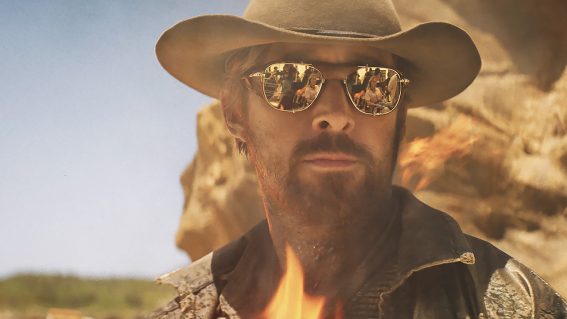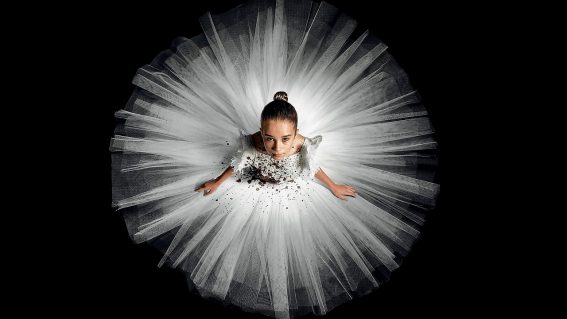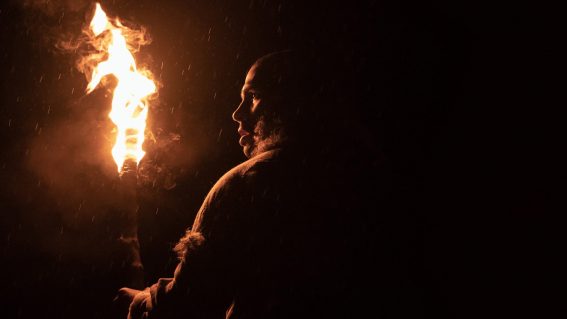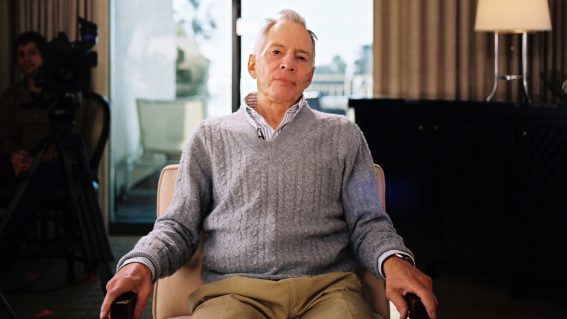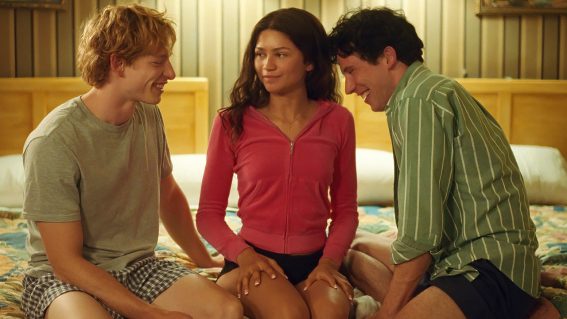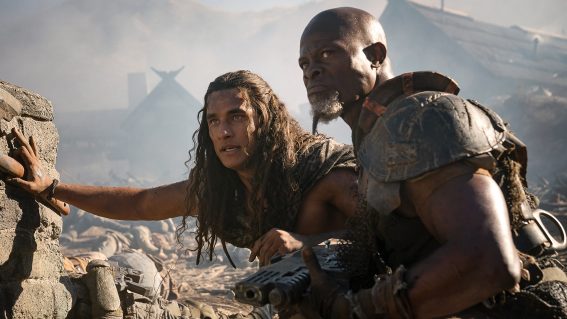Brie Larson barely saves Lessons in Chemistry, a study in schmaltz
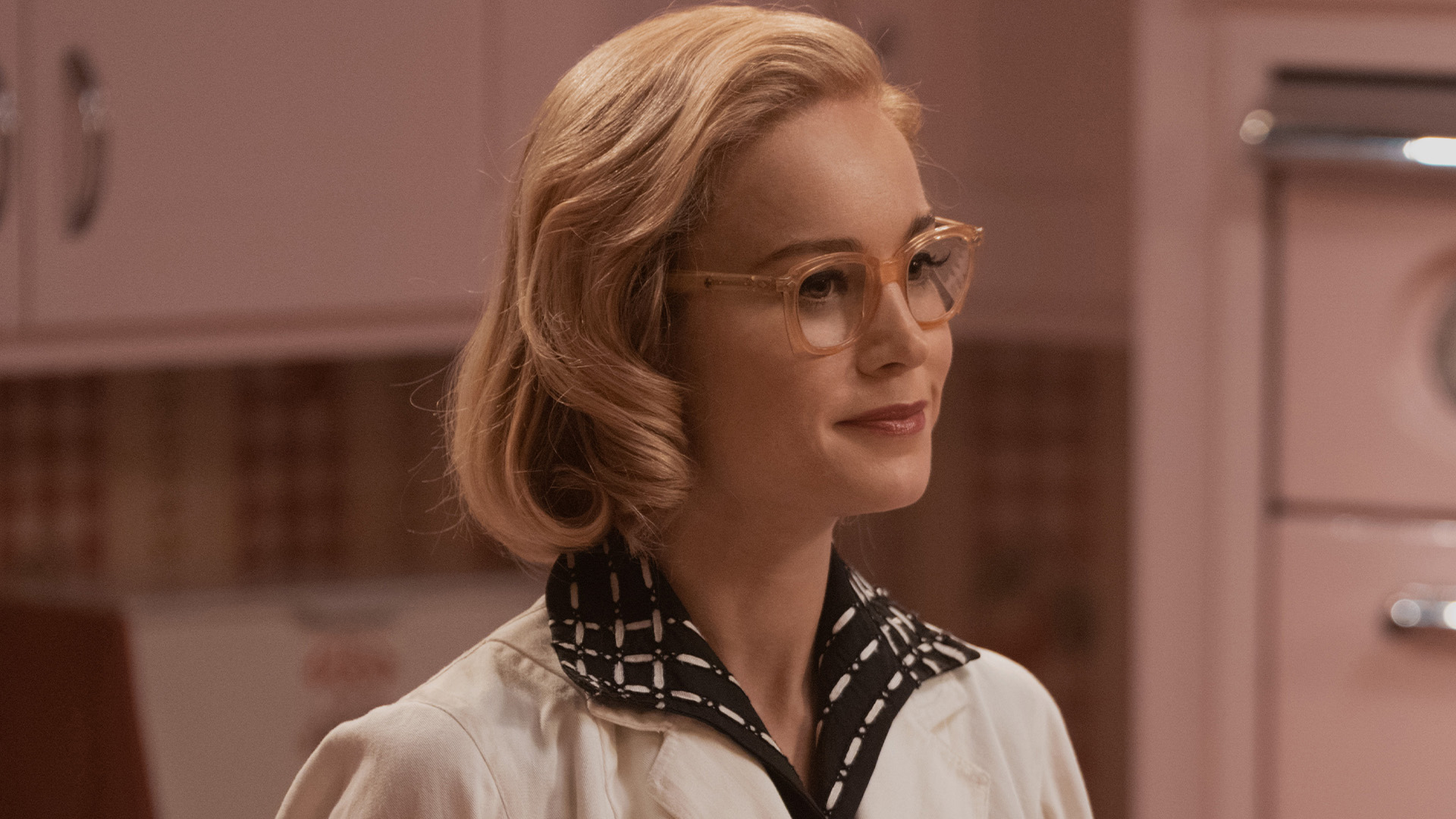
Brie Larson stars in new Apple TV+ series Lessons In Chemistry as a scientist teaching chemistry via a 1960s cooking show. It gets off to a clever, pacy, dramatic and gripping start, writes Cat Woods – until the series take a corny turn.
The new Apple TV+ series Lessons In Chemistry, based on the 2022 bestselling novel by Bonnie Garmus, might be set in 1960s California, but the story of a brilliant woman stymied by mediocre men is more timely than we’d like to admit.
The series, like the book, centres upon a true scenario: Elizabeth Zott, a qualified, professional scientist (Brie Larson) is stymied in every attempt to work in science and academia, so she ultimately opts to subvert the system and teach chemistry via a cooking show. The scenario is believable enough: recent headlines reveal the lack of female scientists recognised by school curriculums (despite the many who have more than earned acknowledgement), and rampant sexual harassment of women in Antarctic research stations.
In much the same way that Mad Men shone a spotlight on the male-dominated, misogynist advertising industry that—to this day—has failed to evolve in attitude much beyond 1970, Lessons In Chemistry illuminates the systemic obstacles for women in science that stubbornly persist. It’s unsurprising that Bonnie Garmus wrote her novel while working as a copywriter in a U.S. advertising agency.
The series is set between 1952, when Elizabeth begins working for the Hastings Research Institute, and 1961 when she begins hosting on a TV cooking show, “Supper At Six”. Elizabeth is spiky and defiant in front of a live audience for her show, which endears her to her besotted audience.
The opening scene sums up Elizabeth perfectly: she’s been told to promote the show’s sponsor by lauding their canned soup. Without skipping a beat, she picks up the can while live on-air and advises her audience that it is full of chemicals, “not the good kind”, making it an ideal way to kill off their families to avoid having to cook for them. Her audience love it, but her management? Not so much, but they can’t deny her overwhelming popularity. The women who attend her live recordings come armed with notepads and pencils in hand, prepared not for a lesson in recipes, but a chemistry masterclass (Garmus taught herself chemistry from 1950s textbooks to write the novel).
The dialogue is snappy and clever without the breakneck, chatty speed of some US dramas (see Morning Wars). On the other hand, Elizabeth’s deadpan humour and constant poker-face render her fairly one-dimensional for a good chunk of the first episode, set in the Hastings Research Institute in 1952. She’s perpetually defensive and lofty, until the moment she begins discussing the lasagne she’s made for lunch. Her face beams open, she’s in her element. She is at a workplace dining table with fellow scientist, and her burgeoning love interest, Calvin Evans (Lewis Pullman). On her 78th attempt, she has almost perfected her lasagne, she reveals. It’s about the combination of proteins, heat and proportions.
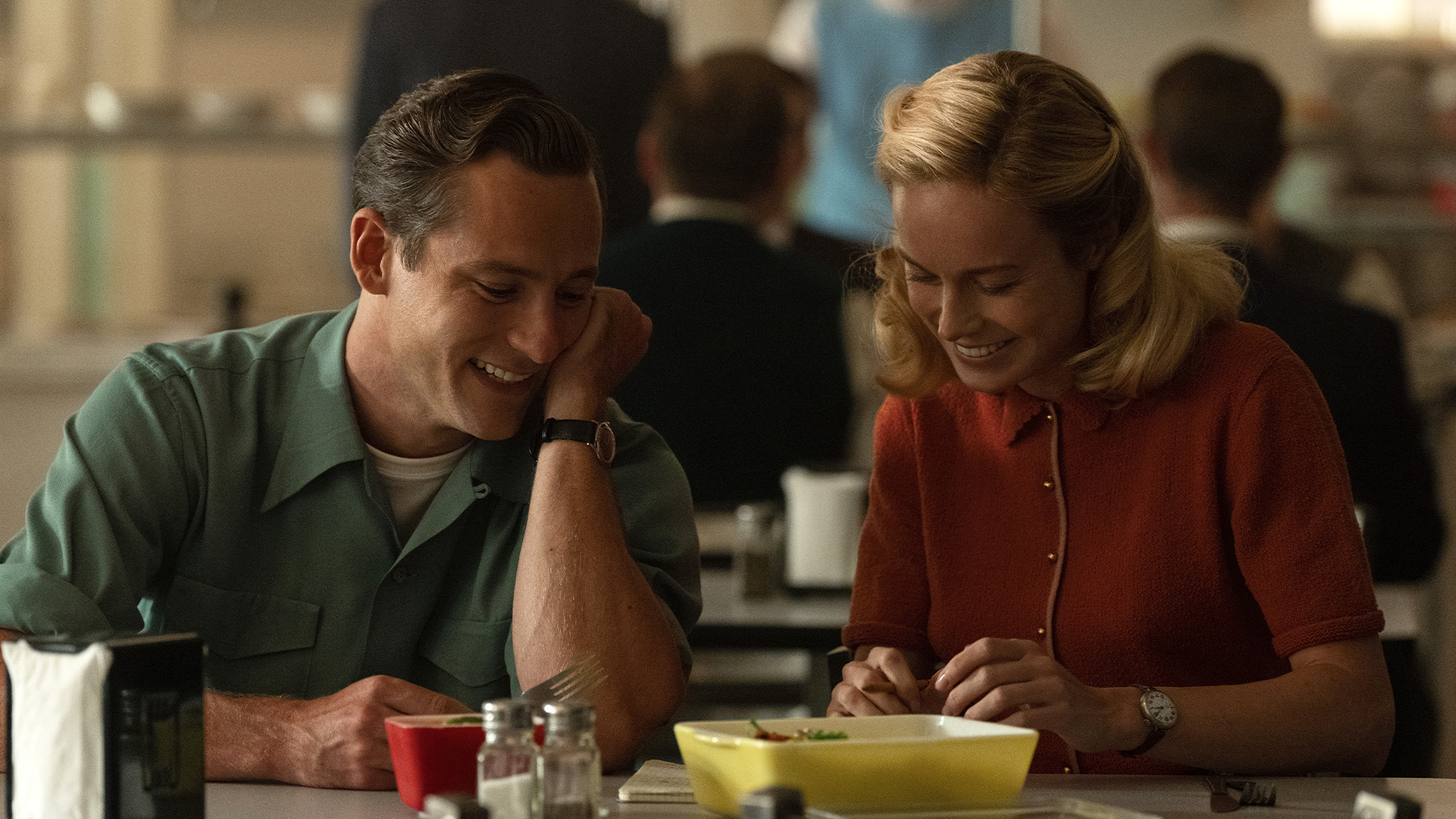
Over subsequent shared meals, as she and Calvin discuss and dissect the secret to her perfectly flavourful mashed potato, the chemistry-speak is completely captivating to this viewer (who made any excuse to avoid science classes in school).
As Elizabeth and Calvin let their defences down with one another, we begin to learn more about their pasts and the reasons behind their perfectionist tendencies and drive toward the solitary study of science. Both come from tragic family circumstances: Calvin’s childhood was lonely and loveless, and Elizabeth has her reasons for not speaking with either of her parents. Through flashbacks, we also witness Elizabeth’s experience of sexual abuse perpetrated by her adviser (Dr. Meyers) during her university studies, resulting in her stabbing him with a pencil mid-assault and consequently losing her place at UCLA days before receiving her master’s degree.
Brie Larson is a standout as the clever, determined Elizabeth. Larson has won over comic book fans and action movie buffs in The Marvels, Captain Marvel, Fast X and Avengers: Endgame in recent years. A cynic might say these roles have bolstered her bank account substantially enough that she can segue into some passion projects that don’t have obvious, extensive commercial appeal. If only she’d insisted on a more consistently clever, less schmaltzy vehicle. Everything about this show is clever, pacy, dramatic and gripping until midway through the second episode when things start to go corny-shaped.
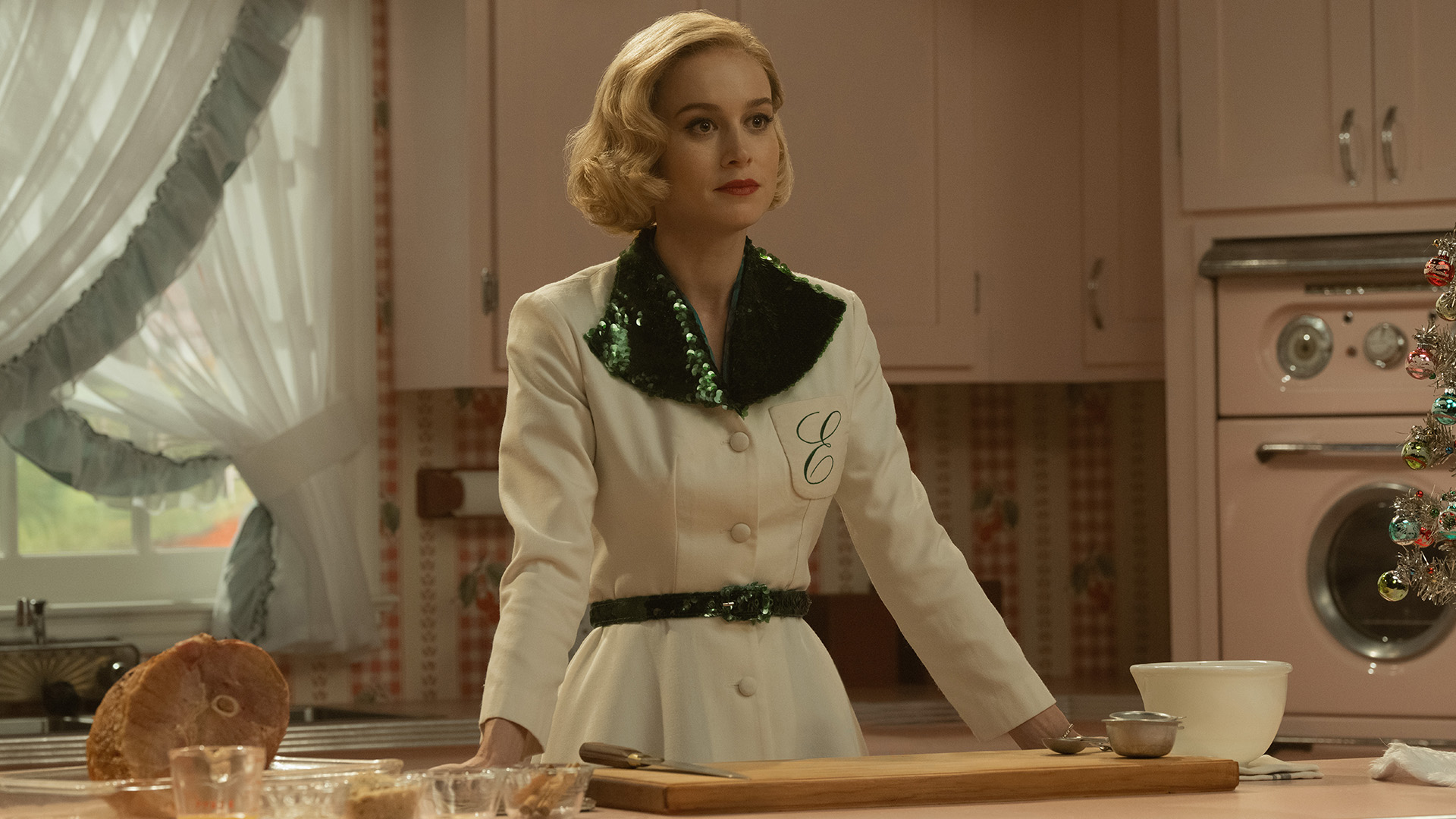
There’s room for sentimentality, starry-eyed romance and a dash of fantasy in every drama, but Lessons In Chemistry really lays it on thick. How thick, you ask? In the third episode, Elizabeth and Calvin’s pet dog (Six Thirty) is narrating the episode. By all accounts, it worked in the book, but on screen, it’s a desperate attempt to pull the heartstrings. Without giving too much away, the circumstances are heartbreaking without the canine narration.
In Elizabeth, there’s more than a dash of Mad Men’s Betty Draper (January Jones). Beautiful, blonde, poised and perfect, Betty Draper was largely relegated to the kitchen by her philandering husband despite her intelligence, ambition and desire for attention and respect. Elizabeth channels the same perfectly chic, platinum-haired glamour of Betty, but she refuses to be caged in domesticity.
There’s a fundamental difference to why one series challenging the rampant misogyny of 1960s American workplaces worked and the other falters. Mad Men remained consistently intelligent in its screenplay and scripts, intertwining the stories of various characters into the narrative without losing any of their complexity and nuances. While Lessons In Chemistry started out in the care of executive director and screenwriter Susannah Grant (Erin Brockovich), it was later handballed to Lee Eisenberg, and the transition from book to screen (and writer to writer) is a patchy one. While Elizabeth took 78 iterations to find the perfect lasagne recipe, the same opportunity isn’t afforded to screenwriters.
Lessons In Chemistry looks good and provides edible comfort watching, but if you hunger for something more deep, nourishing and thought-provoking, this isn’t it.



